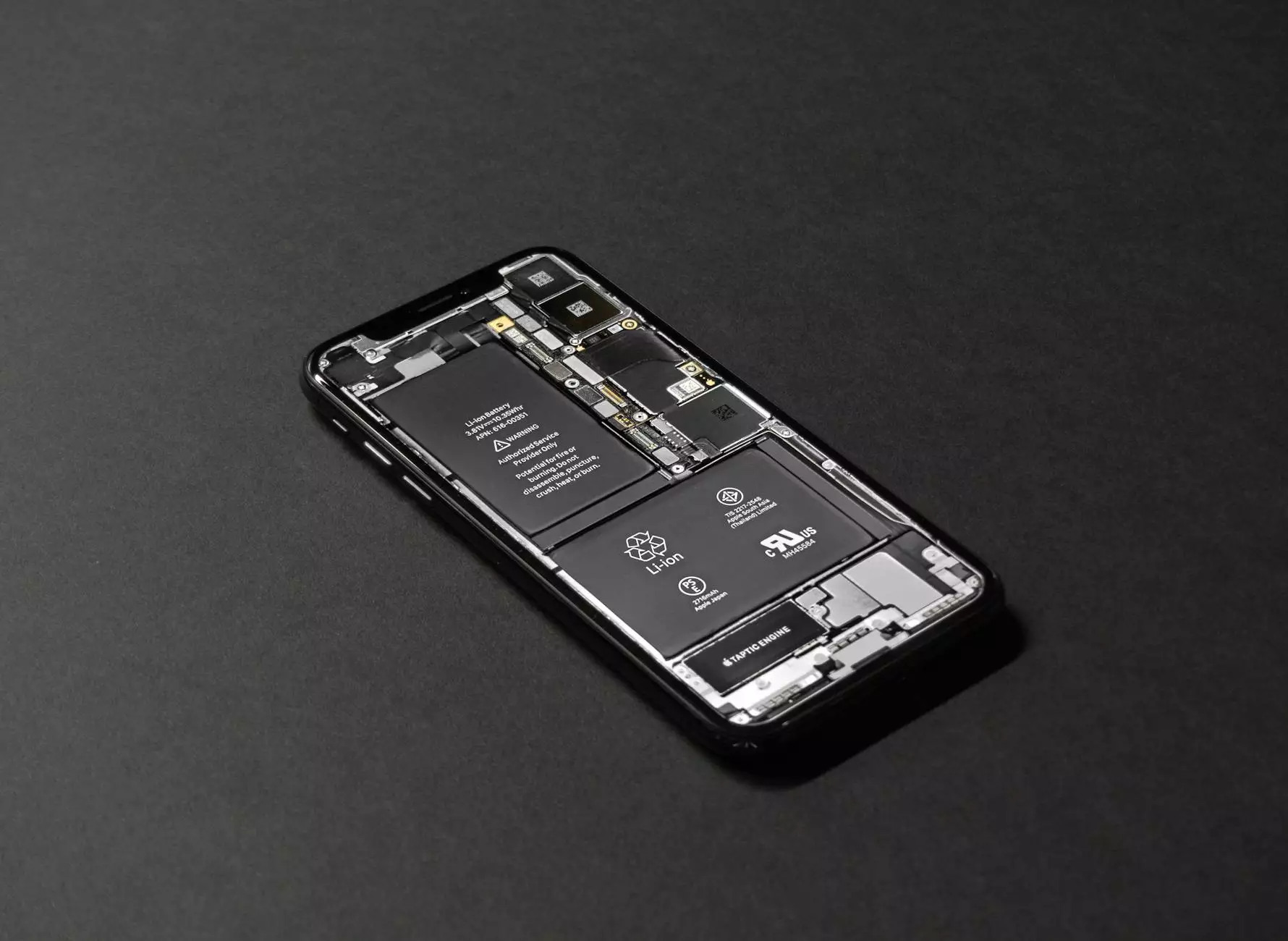HIPAA Compliance And Clinical Trials: All The Information
Health
Welcome to Ageless Wisdom Magazine, your comprehensive source for lifestyle content, including in-depth articles about various topics. In this article, we will delve into the intricacies of HIPAA compliance in relation to clinical trials, providing you with a wealth of information to help you better understand this important aspect of medical research.
What is HIPAA Compliance?
HIPAA stands for the Health Insurance Portability and Accountability Act, which was enacted by the United States Congress in 1996. This legislation aims to protect sensitive patient health information from unauthorized access, use, and disclosure.
When it comes to clinical trials, HIPAA compliance is crucial to ensure the privacy and security of participants' medical information. Researchers and healthcare providers involved in clinical trials need to adhere to strict guidelines to protect patient data and maintain compliance with HIPAA regulations.
Why is HIPAA Compliance Important in Clinical Trials?
Protecting patient privacy and maintaining data security are paramount in clinical trials. HIPAA compliance helps maintain the trust between research participants, healthcare providers, and researchers. It ensures that sensitive medical information is handled with the utmost care and confidentiality.
Non-compliance with HIPAA regulations can have severe consequences, including legal penalties and reputational damage. Therefore, it is essential for all stakeholders involved in clinical trials to be well-versed in HIPAA guidelines and implement necessary safeguards to protect patient data.
HIPAA Compliance and Clinical Trials: Key Considerations
Obtaining Informed Consent
Informed consent is a fundamental principle in clinical trials, ensuring that participants fully understand the purpose, risks, and potential benefits of the study. HIPAA regulations require that participants provide written authorization for the use and disclosure of their protected health information (PHI).
Researchers should ensure that the consent forms include clear language outlining how the participant's PHI will be used, shared, and secured throughout the trial. This ensures transparency and reinforces compliance with HIPAA laws.
Data Security and Storage
Data security is a critical component of HIPAA compliance in clinical trials. All electronic and physical records that contain PHI must be protected against unauthorized access, loss, or theft.
Researchers should implement robust security measures, such as encryption and password protection, to safeguard sensitive data. Additionally, they should follow proper data storage protocols to prevent unauthorized disclosure.
Data Breach Reporting
In the unfortunate event of a data breach, prompt reporting to the appropriate authorities is crucial. HIPAA regulations require covered entities to notify affected individuals, the U.S. Department of Health and Human Services (HHS), and, in some cases, the media.
Researchers must have a clear plan in place to respond to and report data breaches, ensuring compliance with HIPAA's breach notification requirements. This helps mitigate the potential impact of a breach and protects the rights of the affected participants.
Conclusion
Understanding and adhering to HIPAA compliance guidelines is essential for all individuals involved in clinical trials. By upholding patient privacy and data security, we can build trust, advance medical research, and improve healthcare outcomes.
For more valuable lifestyle content, be sure to stay tuned to Ageless Wisdom Magazine. We aim to provide you with comprehensive articles, covering a wide range of topics that matter to you.










